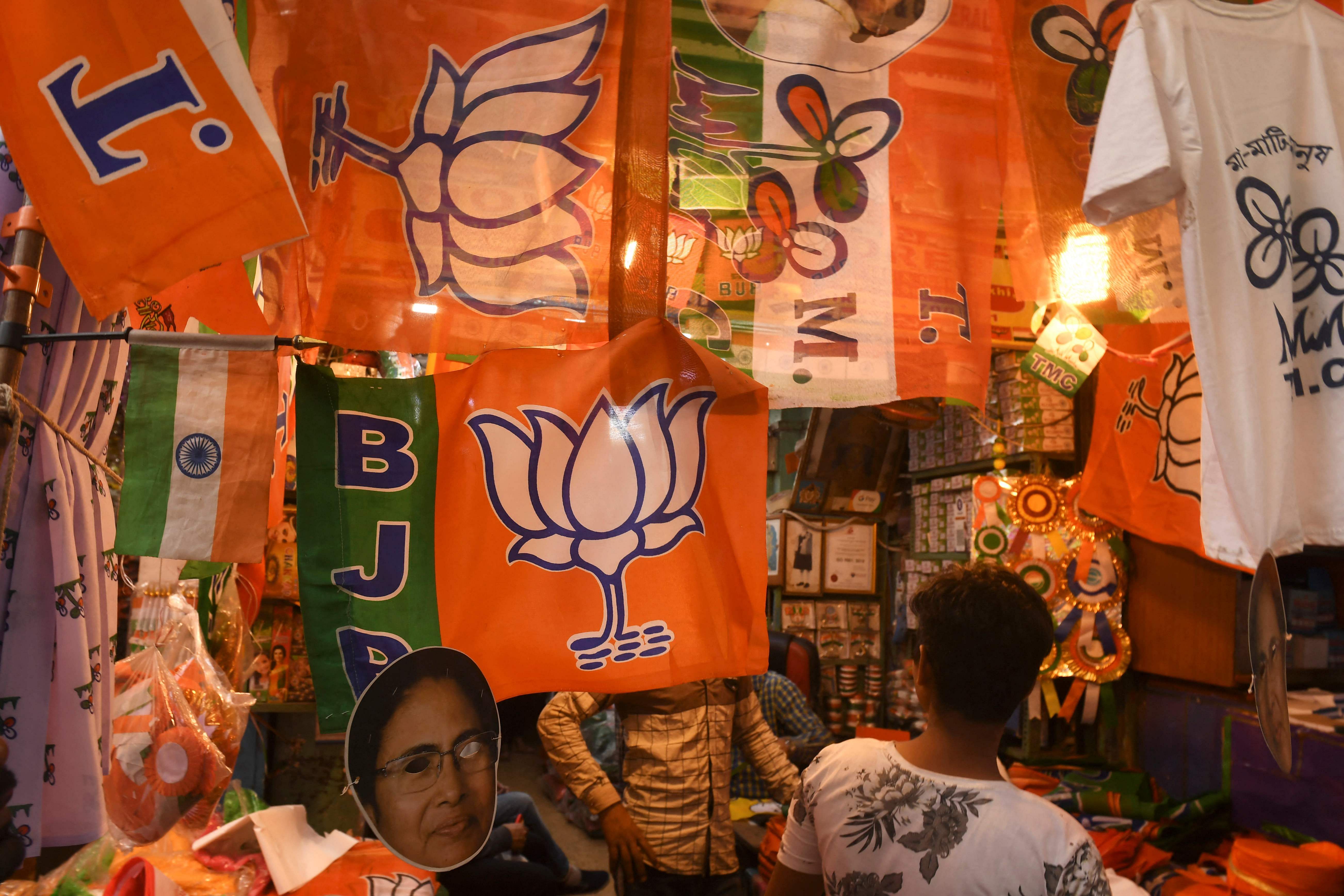
Another high stakes election season has set in with the announcement of the poll schedule for assembly elections in five states in the East, the North-East and the South. According to the schedule, there will be an eight-phase polling in West Bengal starting from March 27, a three-phase polling in Assam from the same date and single day polling in Kerala, Tamil Nadu and Puducherry on April 6. The results will be announced on May 2. With the code of conduct coming into force immediately, all the states have plunged into the poll mood and normal governance will be in suspension for two months. The inordinately extended schedule brings up several questions which have a bearing on the conduct of elections, politics and governance.
Even for states where there is one-day polling, there are 35 days of preparing for the elections and waiting for the results. The southern states and Assam will have to wait for about a month to get their results after polling. But the worst feature of the process is the multiplicity of phases without a convincing need for them. The Election Commission (EC) has of late started going in for longer periods of poll process and an increased number of phases which are not in the interest of fair conduct of elections. Constituencies in the later phases of elections will have a longer campaign period though technically they may only have the same duration of campaign. Candidates, party workers and others will go through greater stress and strain. The cost of campaigning goes up. This creates an uneven electoral field in which the more resourceful parties and candidates will have greater advantage than others. The code of conduct has to be enforced and the voting machines have to be kept in safe custody for a longer period.
Doubts have also been raised over the motives of the Election Commission in deciding on an eight-phase polling in West Bengal. The proffered reason is the possibility of violence during the election. West Bengal may be violence-prone but eight phases are too many. The EC’s decision is seen as a measure to aid the BJP. There are three phases in a district which is a stronghold of the Trinamool Congress. Chief minister Mamata Banerjee has openly accused the Commission of taking the decision at the behest of the BJP. Others have also expressed these apprehensions. During the last Lok Sabha elections, the Commission had invited criticism for deciding on a long poll schedule which would help Prime Minister Narendra Modi to do maximum campaigning. The case for a long poll process and too many phases is weak when the physical and human infrastructure, logistics and communications have vastly improved.